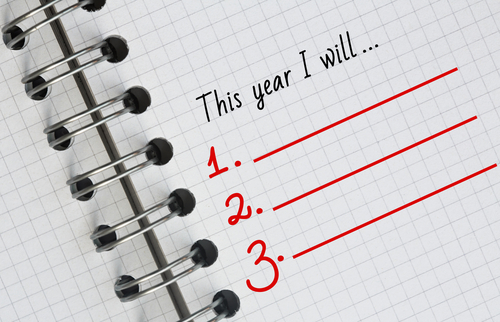
There’s that initial feeling after receiving a gift, or eating a delicious piece of cake, that makes you feel like, yes, this is the best thing in the world. But, after just a few minutes, or even a few more bites, that feeling often changes — and quickly. And, more likely than not, by the end of the day you’re back at that same feeling you started out with. If you have kids, this phenomenon can be even more apparent. Give your child a small gift, and they immediately light up. But, within seconds, they seem to be right back in the world they were before, often completely forgetting or ignoring the gift that was just given.
Known as hedonic adaptation (or the “hedonic treadmill”), this phenomenon has been studied by psychologist researchers for decades, stating that there’s a “general tendency” to go back to the average level of happiness you experience on a daily basis (like a happiness homeostasis), regardless of the brief glimpses of elevated happiness, or disappointment, experienced day-to-day.
So is chasing more happiness a losing game?
Although our hedonic adaptation might lead you to believe that’s the case, the same researchers have discovered that you can achieve greater levels of happiness — and sustain them. You just have to go after the right kind of experience.
Unlike gifts or quick pick-me-ups, experiences that require your full engagement have the ability to enhance overall happiness. Also known as “gratifications”, these immersive experiences are simultaneously challenging and engaging, often causing us to “get lost” in what we’re doing. These experiences, along with experiences that are meaningful for us, are actually fairly immune to hedonic adaptation. That means, after the experience is over, your happiness levels don’t automatically reset to where they were before.
Of course, that doesn’t mean that there isn’t a time and place for pleasures and gifts — there absolutely is! However, knowing that they only bring a short burst of happiness can help you discern when and how you enjoy them. For example, if you’re having a stressful, busy day and you know stopping for a coffee from a local shop would help you better enjoy all of your to-dos, then it can be well-worth. While spending time immersing yourself in a deeply satisfying experience might make you happier for longer, there are some instances where it’s just not possible to drop everything. And that’s okay! Boosting your mood, even if for just a short period of time, can still have lots of positive effects on your health and happiness.
By understanding hedonic adaptation, however, you can make smarter choices more often, recognizing the difference between momentary pleasure and more meaningful experiences. Making sure that you make plenty of time for meaningful experiences can help you truly become healthier and happier in life. And, knowing that the small pleasures are only temporary, you can start to avoid making bad decisions that only make you feel happier for a brief period of time.
You can truly start experiencing a happier, healthier life just by experiencing more of what you love!




About The Author: Kimberly Gerbers
More posts by Kimberly Gerbers